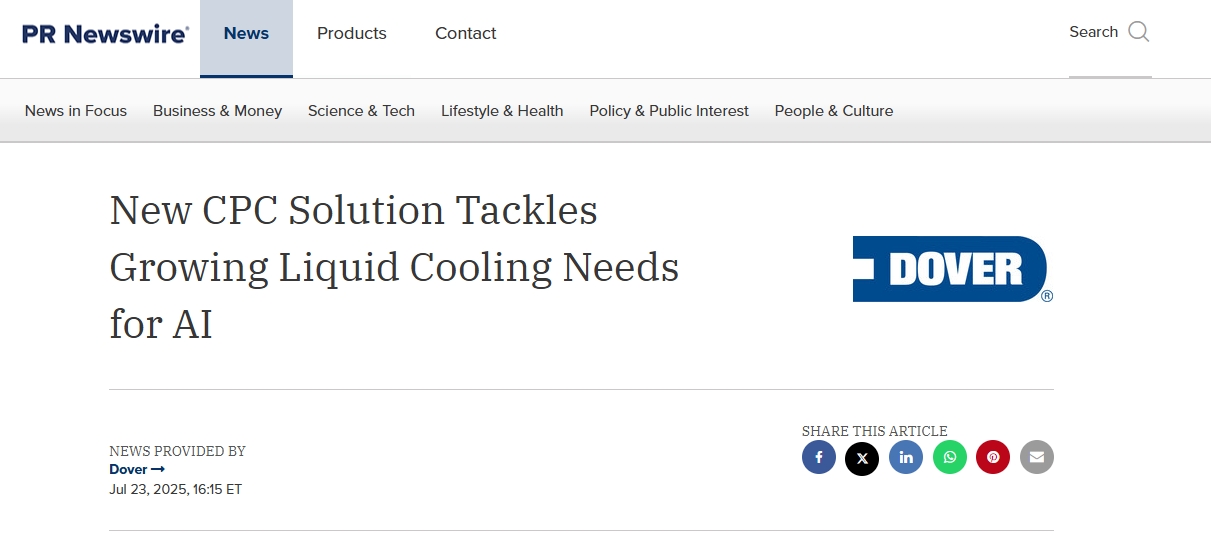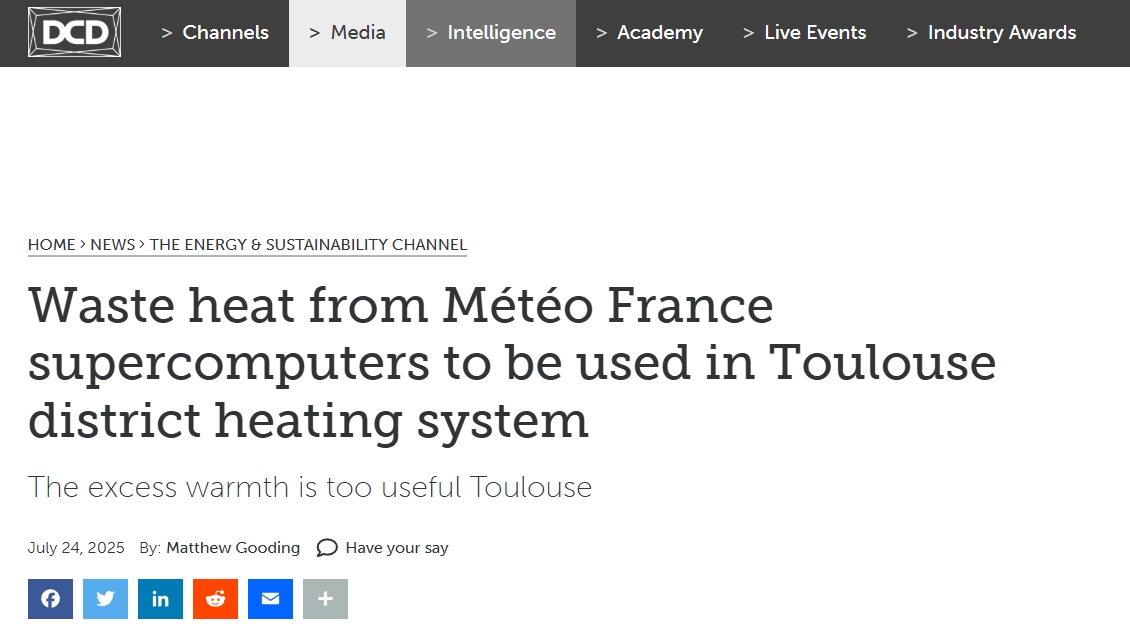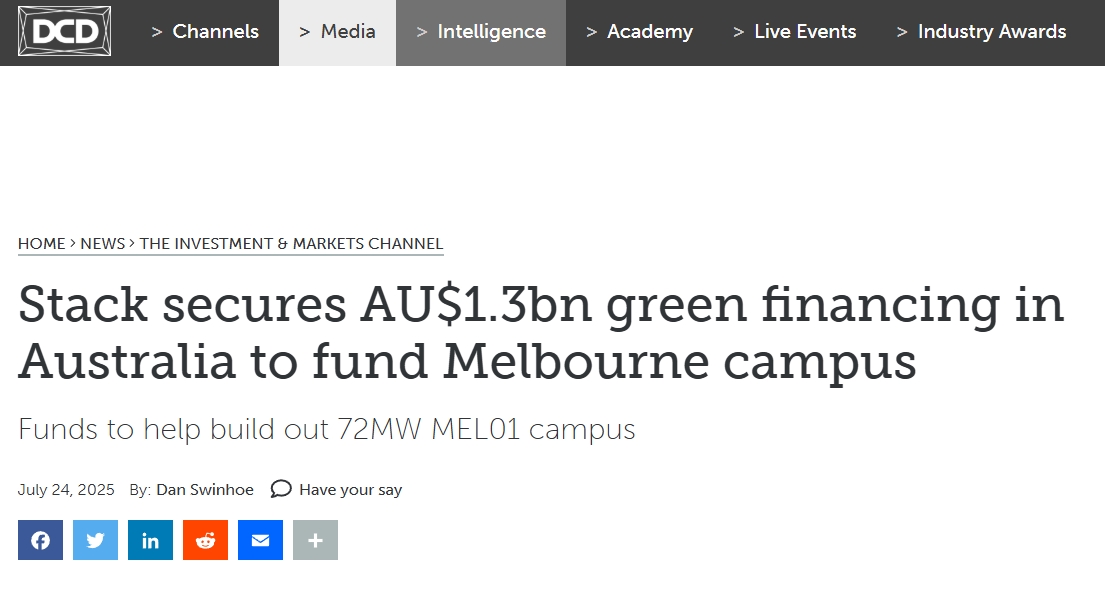Demand for cloudy CPUs has levelled out at top Chinese clouds Alibaba and Tencent, whose customers increasingly want GPUs instead.
Both businesses released quarterly results last week. Alibaba Cloud posted six percent year-over-year revenue growth to deliver $3.64 billion for the quarter. Tencent doesn't break out numbers for its hyperscale operation, but attributed growing demand for cloud as a reason its Business Services line item delivered year-over-year growth in the "teens."
Tencent chief strategy officer James Mitchell told investors the rent-a-GPU business is booming – but modestly compared to the US market, as China has fewer well-funded AI startups. Local AI outfits, he observed, may have $1 billion or $2 billion capital, compared to US startups that could have between $10 billion and $90 billion in the kitty.
Mitchell said "percentage growth rates are very fast" for GPU rental, but admitted that's partly because of a low base rate of business. "Some of that demand for renting GPUs in the cloud is incremental, some of it is replacing demands that would otherwise have existed anyway for renting CPUs in the cloud," he added. "And so, while the business in a GPU provision is doing very well, the business of CPU processing is more flat because the incremental demand is for GPU, not CPU."
Alibaba Cloud offered investors similar analysis.
"There's very, very robust demand among our customers for AI and AI-relevant products," CEO Eddie Wu told investors, adding that "that demand is still far from being satisfied."
Wu predicted double-digit growth for Alibaba Cloud in in the second half of 2024 and noted "probably most of that growth will be driven by AI products."
"If you look at the industry as a whole, demand for CPU-based traditional cloud computing is relatively limited, where most of the growth is now focused on GPU-based AI product development," the CEO added.
Neither Chinese cloud mentioned difficulties obtaining GPUs.








